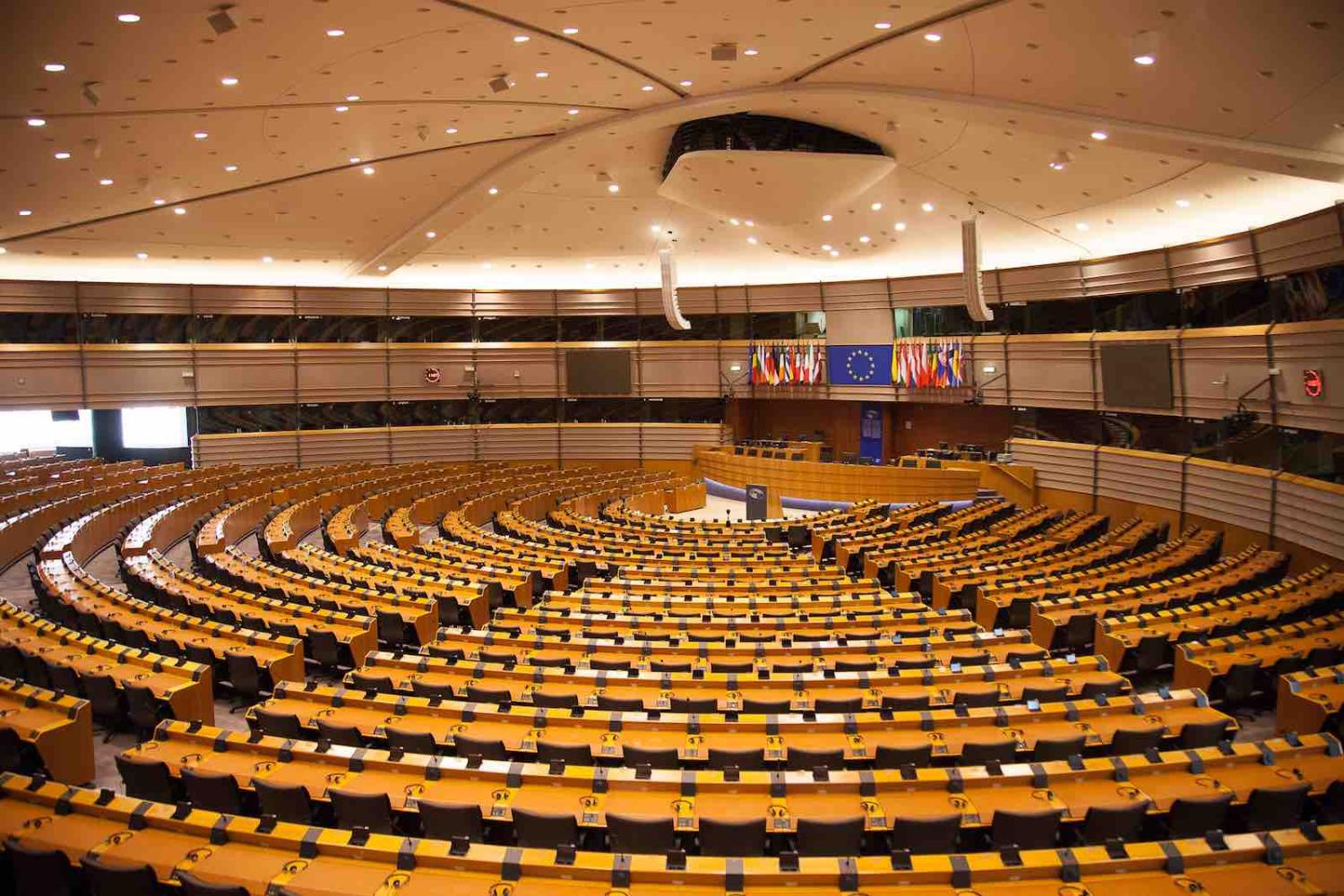As Europe begins to emerge from the worst of the coronavirus pandemic, another crisis seems to be looming.
The German Constitutional Court last week threatened to block the Bundesbank from taking part in the EU stimulus program to save the Euro, in a challenge to European unity.
The reaction echoes the latest clash among EU leaders over how to rescue their countries from the economic fallout of the pandemic. After the Virtual Summit, French President Macron admitted that “Europe has no future if we cannot find a response to this exceptional shock”.
Similarly, in the latest episode of the Lowy Institute’s podcast The Director's Chair, when asked about the consequences of Covid-19 on the European project, former Italian Prime Minister Enrico Letta said:
If we don’t have a European comprehensive response, if we leave only to the countries to respond, the divide will be larger, and Euroscepticism and the mutual lack of trust among countries will rise, and that is bad news for the future of the European Union.
The coronavirus crisis indeed calls into question the very essence of the EU, bringing to light its dysfunctions and fragility. But the situation also offers Brussels an opportunity to reshape its administration, which is often viewed as weak, slow, and outdated. The EU has a chance to emerge from the crisis stronger than before – unless Covid-19 succeeds in dismantling it once and for all.
This is not the first crisis the Union has faced. Today’s EU is marked by the obstacles and failings of its past – the Iraq War in 2003, negative French and Dutch referendums in 2005 on the adoption of an EU constitution, the sovereign debt crisis in 2009, the Russian annexation of Crimea in 2014, and the 2015 migration crisis.
Each of those developments exposed new differences and fractures between member states.
The current distribution of powers within the EU doesn’t work and widens the gap between the basic political objectives of the Union and its capacity and willingness to act.
To survive, the Union had to make concessions on the European project. Some countries contribute less to the European budgetary effort, while others have decided to carve out a “tailor-made” Europe, without a defence policy, the Euro, or the Schengen area.
This is how, over the years, the EU has gradually given up its spirit of “wanting to live together”.
This time around, amid the Covid-19 pandemic, the European house is on the verge of collapse.
The initial attempts of member states and European authorities to handle Covid-19 did not excel. Quite the opposite. All reacted late, in disorderly fashion.
The height of the dysfunction was reached when Germany and France both limited the export of essential medical products to Italy, considered at the time the epicentre of the pandemic.
Since then, the situation has improved, but not markedly. The European Central Bank launched its program to buy national public and private debt up to €750 billion (A$1.2 trillion), and has highlighted its willingness to do more to avoid a possible financial fragmentation in the eurozone. On the plus side, the European Commission has suspended the application of budgetary rules, set up a medical stockpile, taken measures to aid medical research, and authorised states to help their businesses.
Unfortunately, all came a little too late. It is not those measures that will remain in the collective memory of Italians, but rather the images of planes landing from China, Cuba, and Russia, carrying masks, ventilators, and doctors.
Solidarity is the heart of the European project. It’s the glue that holds European nations together. Whether it is economic, legal, or military, this solidarity offers Europeans the ability to be part of a larger whole, which has enabled the European market to grow and prosper.

Today, European solidarity is being eroded by its members’ domestic interests, while national leaders blame European authorities for their lack of response and effectiveness.
The problem is structural. The current distribution of powers within the EU doesn’t work and widens the gap between the basic political objectives of the Union and its capacity and willingness to act.
It is time to rethink Europe’s institutional anatomy and establish a real constitution.
The mandates of European institutions need to be broadened and strengthened. The Commission must transform into a type of European government, and parliament should assume full legislative and budgetary power.
Similarly, the Union must exercise what can only be done by a few: defence, security, currency, and crisis management – and leave to member states what they can do on their own.
In a sense, the new constitution would transform the European Union into a federation.
Instruments of direct democracy and popular initiatives must also be encouraged to provide for a direct link of legitimacy between citizens and their elected representatives. By doing so, national governments and political elites would no longer hold on to their gatekeeper role.
Not all European nations will adhere to it, but the project must be proposed to the European people on the basis of strengthening democracy.
If such a body had existed already, it would have been able to distribute stocks of masks, tests, and doctors where and when they were most needed. And it would have been European flags flying on the tarmac at Fiumicino airport in Rome, not Chinese ones.
The immediate consequences of holding a constitutional debate should not be a cause for anxiety. There will certainly be disagreements and deep divisions between member states. These are hardly new, and the process would only make them clearer to all, which is a good start.

